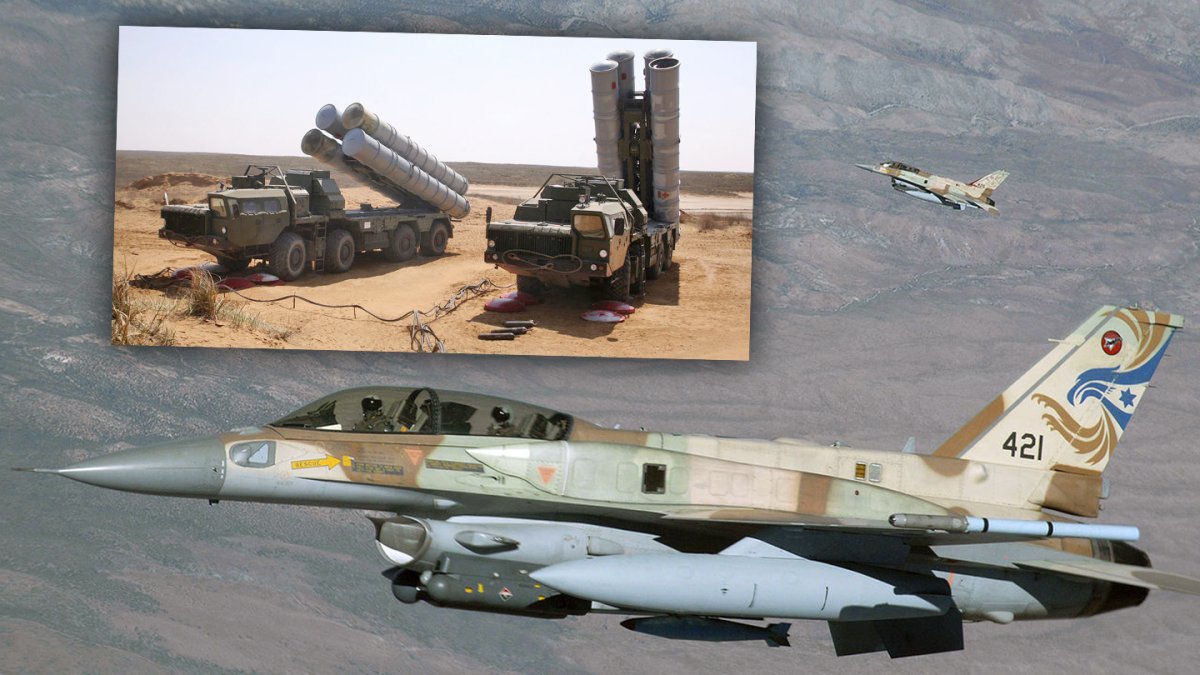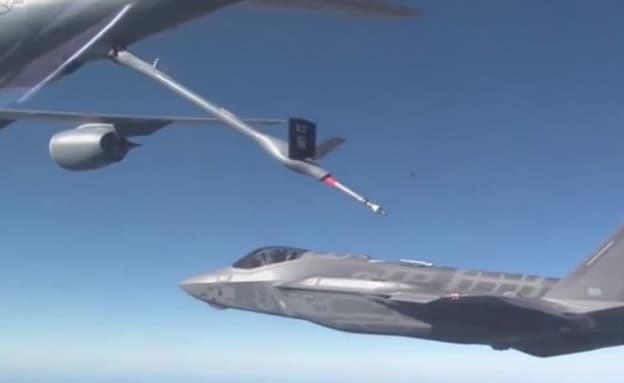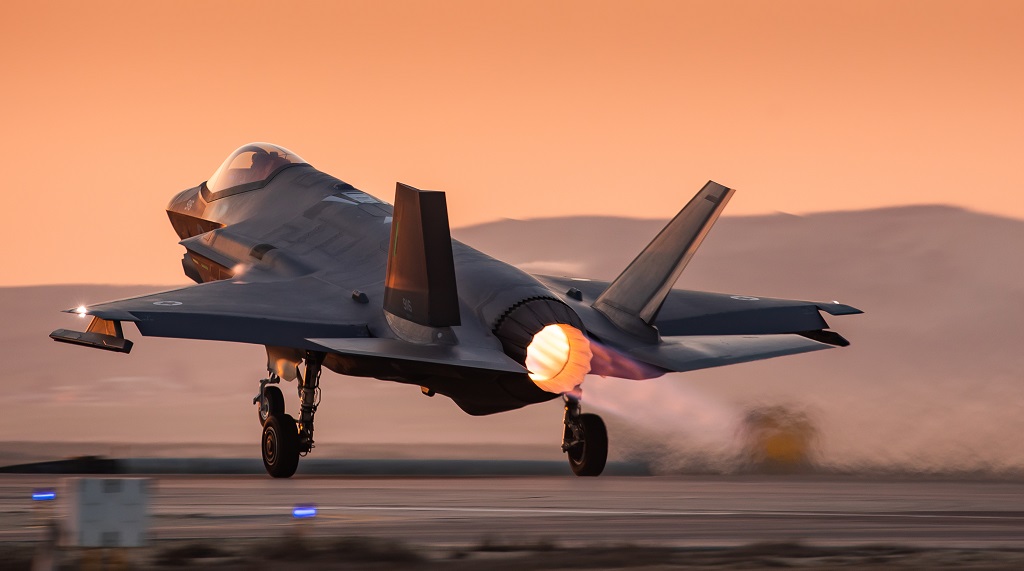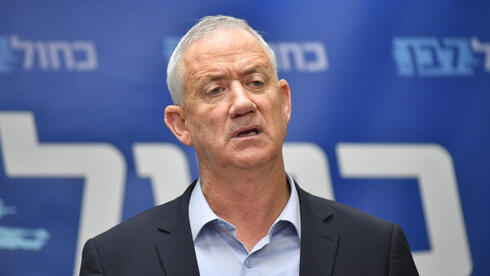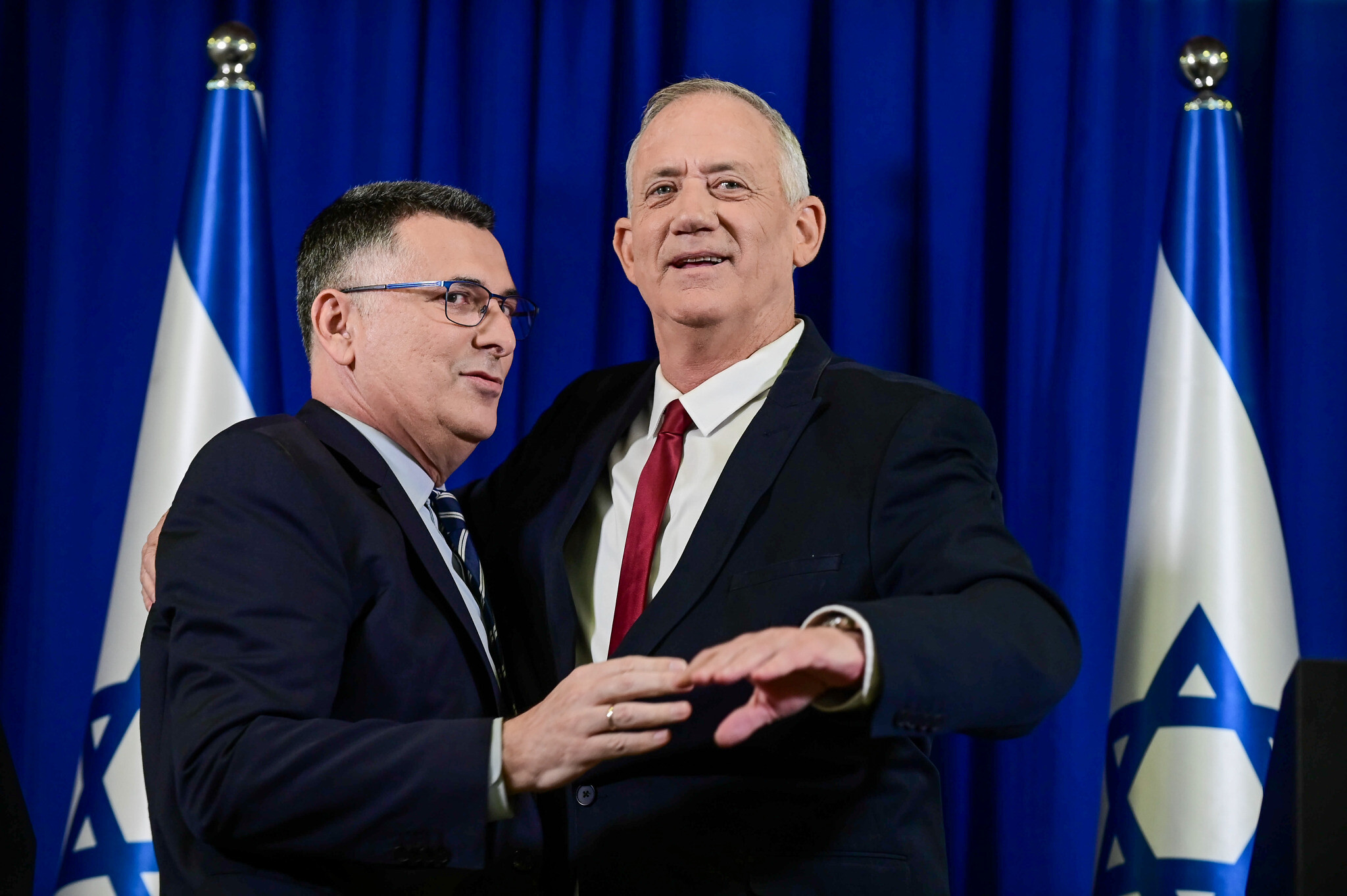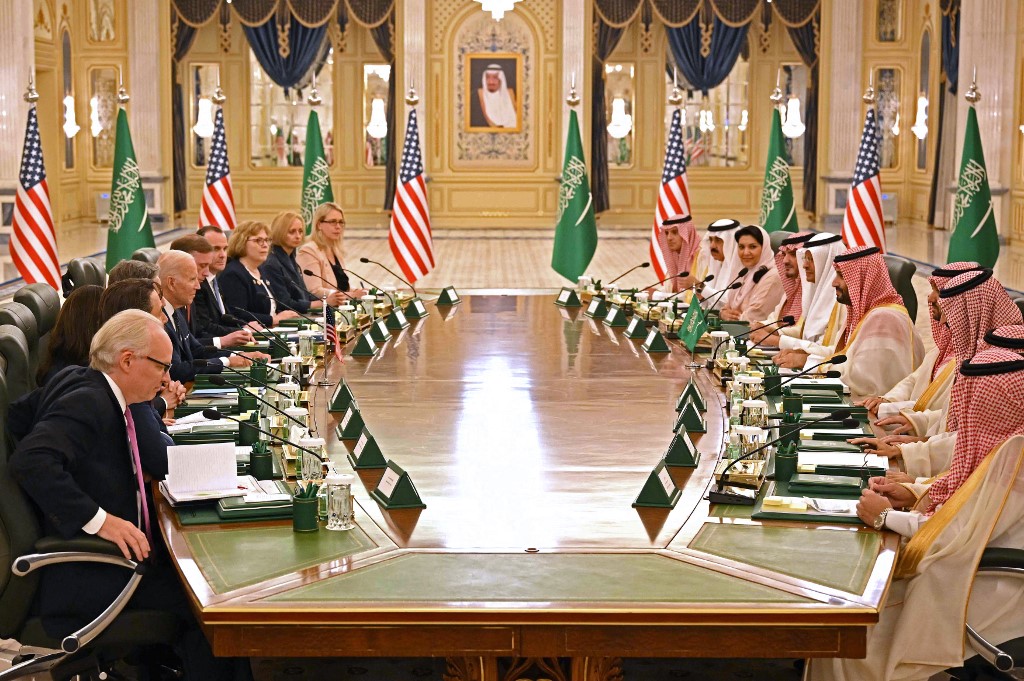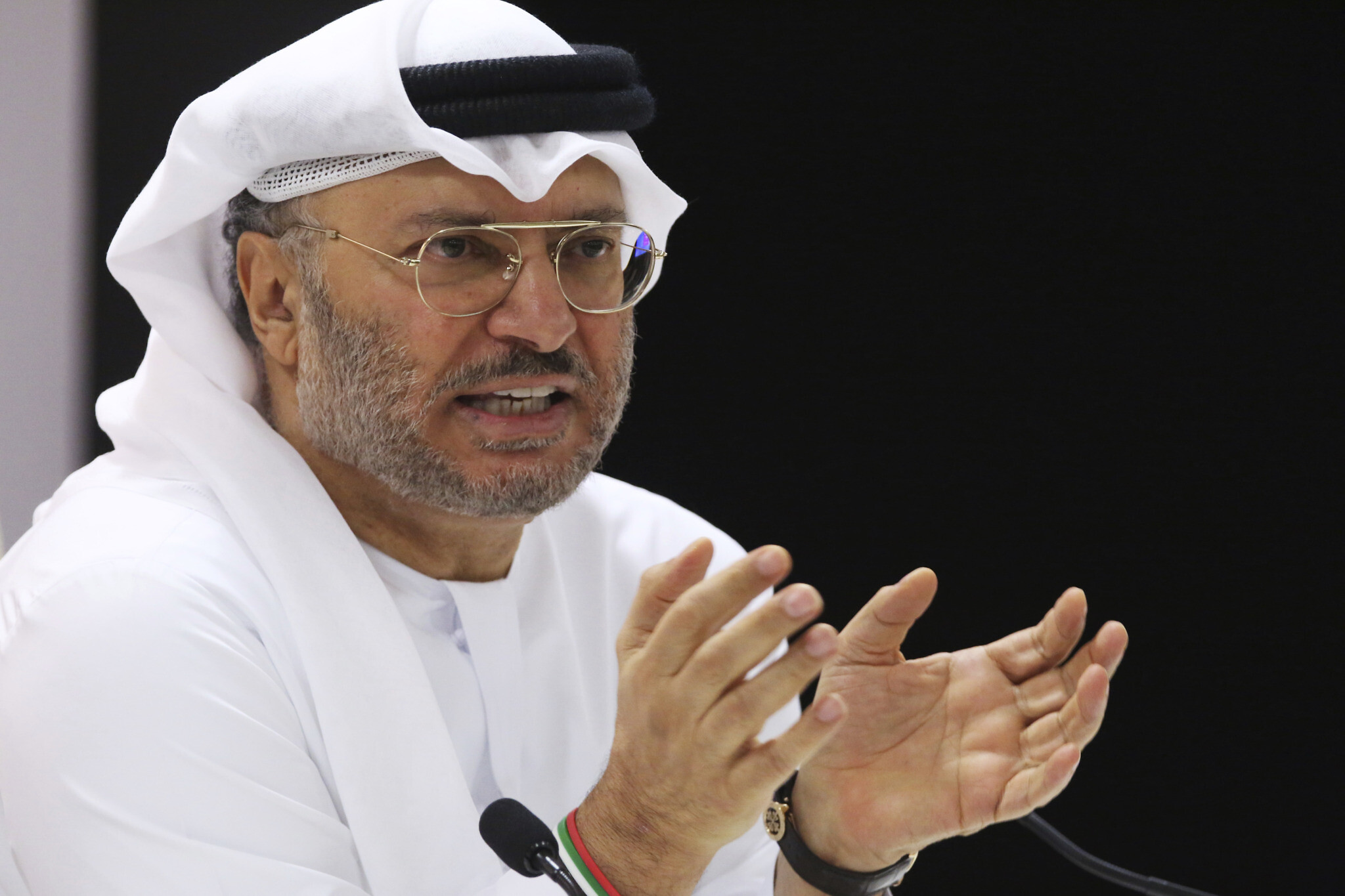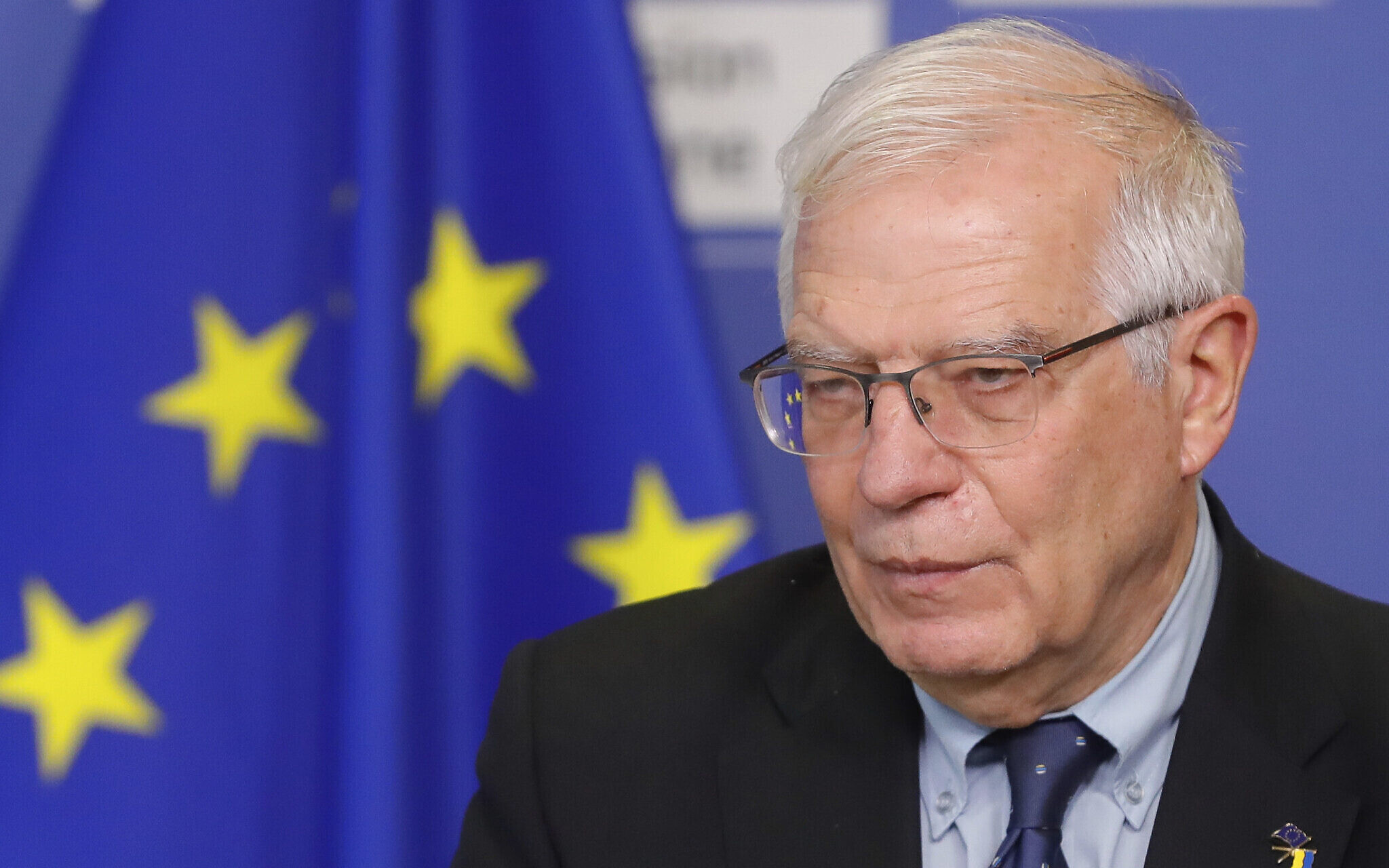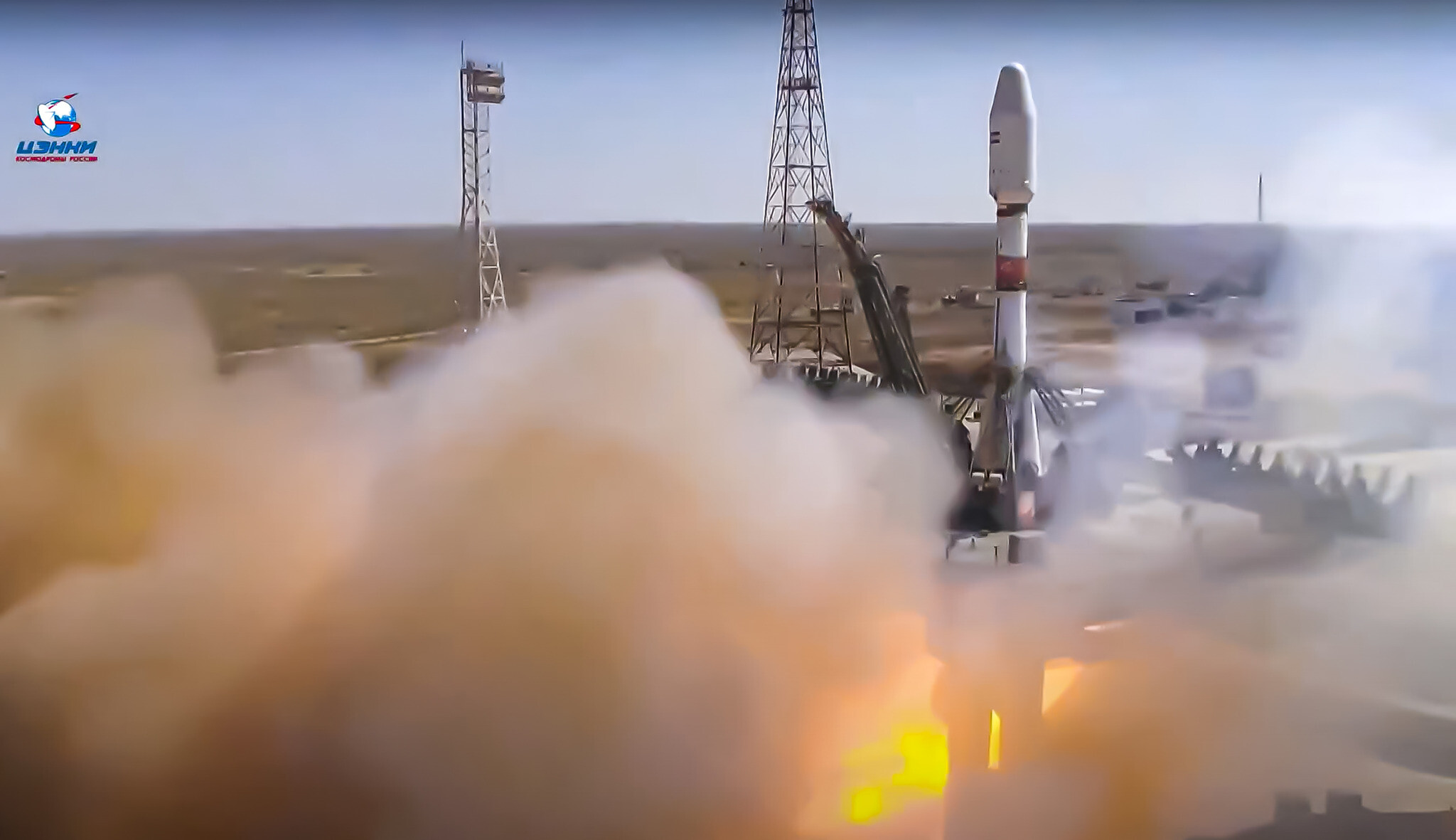Biden's trip to the middle east shows some successes, some losses, and overall a sense of too little and too late.
Touring the air defenses exhibit at the Ben Gurion airport, Biden has seen first hand the new Iron Beam system, set to be a game changer in the economy of war vs Hamas and Hezbollah, in the aspect of homefront defense.
Beyond that, Israel is interested in setting the basic parameters of the follow-up aid package (renewed every 10 years), and is primarily interested in an ability to frontload the deal so most of the money will be spent early on.
Biden's trip has also caused Saudi Arabia to permit Israeli commercial flights to and above Saudi Arabia. At the center of it was a deal to allow Israeli muslims to visit Meccah without any hurdles.
It is almost certainly a gesture of goodwill as Saudi Arabia needs Israeli and American approval for the transfer of 2 red sea islands from Egypt to Saudi Arabia.
Move marks another foreign policy win for president, hours after he landed in Jeddah for controversial courting of oil-rich kingdom; direct Israel flights still under discussion

www.timesofisrael.com
The topic of MEAD is central to this trip, as well as the prerequisites to that. To properly form the MEAD, which is in turn just one step in the plan to rid Iran of nuclear weapons and powerful proxies, we need all hands on deck. The more the better.
Unfortunately, the UAE pours cold water on the project and on Biden's promises this trip.
Senior Emirati official cites need for 'de-escalation'; announcement comes day after Biden signs security pact in Israel reinforcing common front against Tehran

www.timesofisrael.com
UAE says they are not part of any plan against Iran, and are even mulling returning an ambassador to Iran after several years of severed ties.
Not long ago the UAE announced a huge Rafale fighters buy instead of American F-35, as a protest for the US's hesitation on the subject. For even more background, Israel and UAE normalized ties under the reported promise to the UAE they will get F-35s. However, despite lack of Israel's and Trump's protests, Congress (IIRC) halted the deal.
The UAE, despite what seemed like good ties with the west, is still importing arms from China and even North Korea, which are also Iran's closest allies. It is important to take these ties into account. However, I do not know how much they affect the Emirates' policies.
Other than UAE, Iraq remains a key player in US plans for a regional alliance. But it too chose to side with Iran on this.
Iraq's new law that criminalizes any ties with Israel, up to a death penalty, is a sign Iraq won't change its policy on that anytime soon.
Are these countries, and even MEAD itself, necessary for Israel? Not that much. It is of greater use to the Arab countries. Israel's air and missile defenses are about as hermetic as they can be with today's technologies, and it gets a boost from American early warning in the region. The Arabs however are vulnerable, especially with their vast territories that can be exploited easily by Iran.
So, really, when we see some resistance from Arab countries to the MEAD, it could be the symptom of their disapproval of involvement in a strike on Iran's nuclear program.
Overall, Biden seems to have added very little value in his trip. The amount of concrete steps was minimal, and there was much more symbolism.
For Israelis, the topic of Iran is urgent. So whatever Biden's actual stance is - military option or not, the Israeli gov't, and the public, need to know it.
The Jerusalem Declaration was thought to be a historic document, but essentially it contained no new information and no change to the status quo.
The press in Israel is more pessimistic about it than otherwise. Quite a few opinion pieces and statements by officials that Israel is okay with following a different Iran policy than the US.
So as said before, Biden needs to show the region he can put realpolitik first (Khashoggi's murder was heinous, and not in line with what's expected of allies of the west, but severing ties over it can negatively affect hundreds of millions, so is it really the moral stance here?), and commit to the region despite important events elsewhere.

